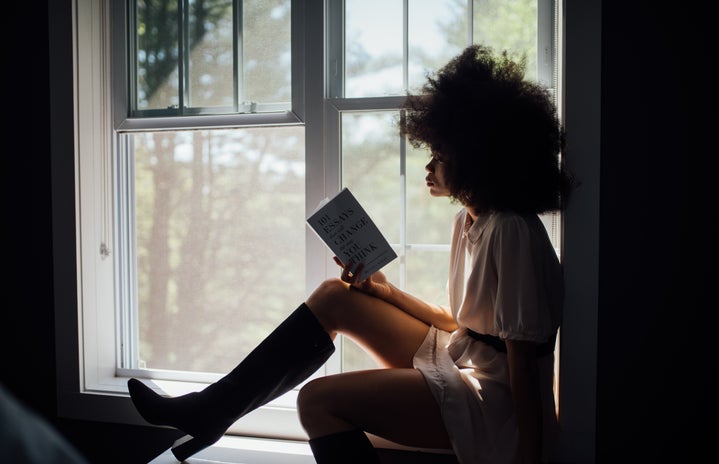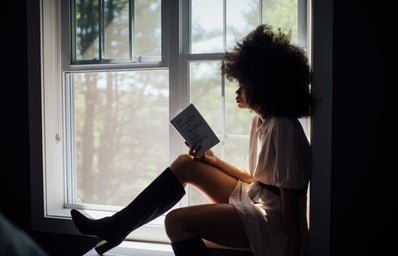It is a known truth that teenage girls are oft chastised for expressing themselves through their interests- may it be their passion for a certain music type or their fascination with certain celebrities. Men storming a stadium to illegally watch a match and then assaulting others when their favorite team loses is acceptable societally, but a 16-year-old girl wearing a One Direction shirt is where the lines of being ‘too obsessed’ are drawn. So it comes as no surprise that a genre that primarily targets women is often considered to not be ‘true literature’
A lot of times it is seen that romance books are considered to be inferior in reader circles. Romance readers are generally looked down upon to the point that it has become a norm for that to happen. It’s true that this apparent “readers’ hierarchy” exists with other genres too, with classics readers judging other readers but it is all the more prominent with romance. People certainly haven’t been quiet or considerate about their significant bashing of the genre. While it may be true that some reads might not live up to one’s set expectations, but that can be true for any book: expectations often don’t yield results. Then why is it that this genre is singled out when criticisms over validity arise?
Statistically speaking, it is seen that romance is a genre popular widely amongst women. This can be attributed to the fact that the main point of view characters in these books are more often than not, women. Very rarely do we see love stories primarily written from a man’s perspective, unless it is an LGBTQ book, of course. The fact that women are the main storytellers here who choose their own paths tends to irk many readers who cite this phenomenon as ‘unrealistic’. While this can be blamed on the persistent gender-based power dynamics present in mainstream media, invalidating a whole genre based on a group’s mindset isn’t the right thing to do. Having a largely female audience tends to bring down romance’s ‘value’ in the eyes of a number of factions. This might also have something to do with the absurd notion that easy-to-read prose equates to lazy and easily written text. Romance being a popular theme in fanfiction also doesn’t help its standing among purists and dudebros. But in the end, it all boils down to the reader’s mindset. Is the reader able to display critical thinking skills and successfully separate fact from fiction? Can the reader look past their own feelings and enjoy literature for what it is?
If you don’t like romance books because they don’t sit right with you, fine. If you don’t like romance books because you’ve read a couple but they didn’t really click with you, the themes don’t resonate with you, or they just don’t interest you: it’s completely fine. We’re all entitled to our own preferences, after all. But if you choose to diss an entire genre just because it seems lazy and not ‘worthy’ because of your own prejudices: buddy you really, really need to question the decisions you’ve made.


